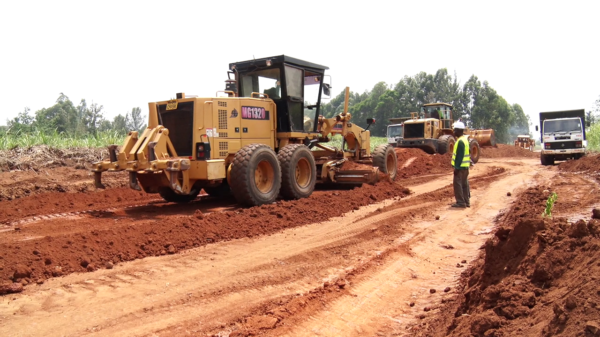
Safaricom Head of Sustainable Business and Social Impact Sanda Ojiambo has urged customers and consumers to ensure they dispose off their electronics at Safaricom shops after which they will be collected and recycled/CFM – Sam Wanjohi
NAIROBI, Kenya, Oct 15- The Ministry of Environment has partnered with telecommunications companies to rally Kenyans to exercise responsible disposal of electronic waste as part of environmental conversation measures.
Safaricom Head of Sustainable Business and Social Impact Sanda Ojiambo has urged customers and consumers to ensure they dispose off their electronics at Safaricom shops after which they will be collected and recycled.
“When they stop functioning or we have no use for them anymore, it is important to dispose them in a manner which encourages us to recycle and repurpose them as a way of taking care of our environment,” Ojiambo said.
She was speaking during the E-waste event held in Nairobi where Kenyans joined the rest of the world to mark this day.
The event is aimed at creating awareness safety of E-waste that includes electronic devices such as laptops, telephones among others that are not in use.
Environment Ministry’s Chief Administrative Secretary Mohamed Elmi also called on consumers to ensure the electronic wastes are separated from the rest.
“We are urging Kenyans to ensure that they do not mix the electronic wastes with other wastes and ensure they are taken to recycling centres,” said Elmi.
In Kenya, e-waste increases with the imports from developed countries with products such as used, sometimes outdated computers and laptops that are literally dumped into the markets.
Due to a lack of awareness of the e-waste phenomenon, most of the management is usually left to our landfills.
Toxic metals in these wastes, zinc, lead, nickel, are usually leached affecting the integrity of our groundwater as well as the atmosphere.
It is estimated that only 20 percent of global e-waste is recycled each year, leaving 40 million tonnes to be placed in landfills, burned or illegally traded.
The consequence is a loss to the supply chain of valuable and critical raw materials, as well as serious health environmental and societal issues.



































